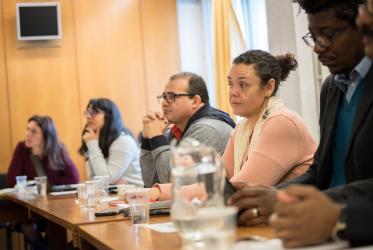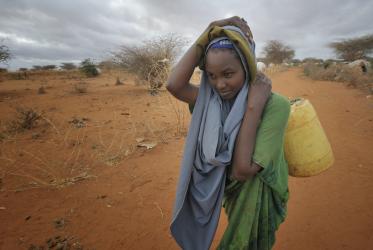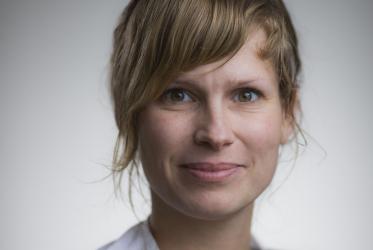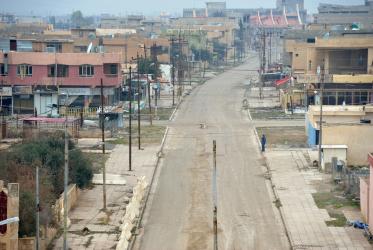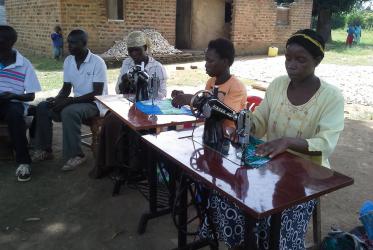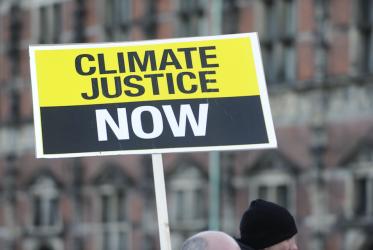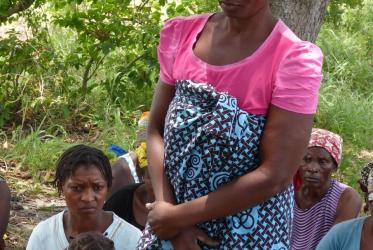Displaying 461 - 480 of 713
Applications open for WCC Eco-School
10 May 2017
Ecumenical Water Network hosts Brazilian delegation
26 April 2017
In Lebanon, refugees face hardship - but find hope
16 March 2017
Justice and peace in Africa: Where to start? Where to go?
27 February 2017
WCC participates in UN panel discussion on climate ethics
15 February 2017
During Lent, a “carbon fast” can honour God’s creation
09 February 2017
Food and land justice focus of Mozambique workshop
19 December 2016



